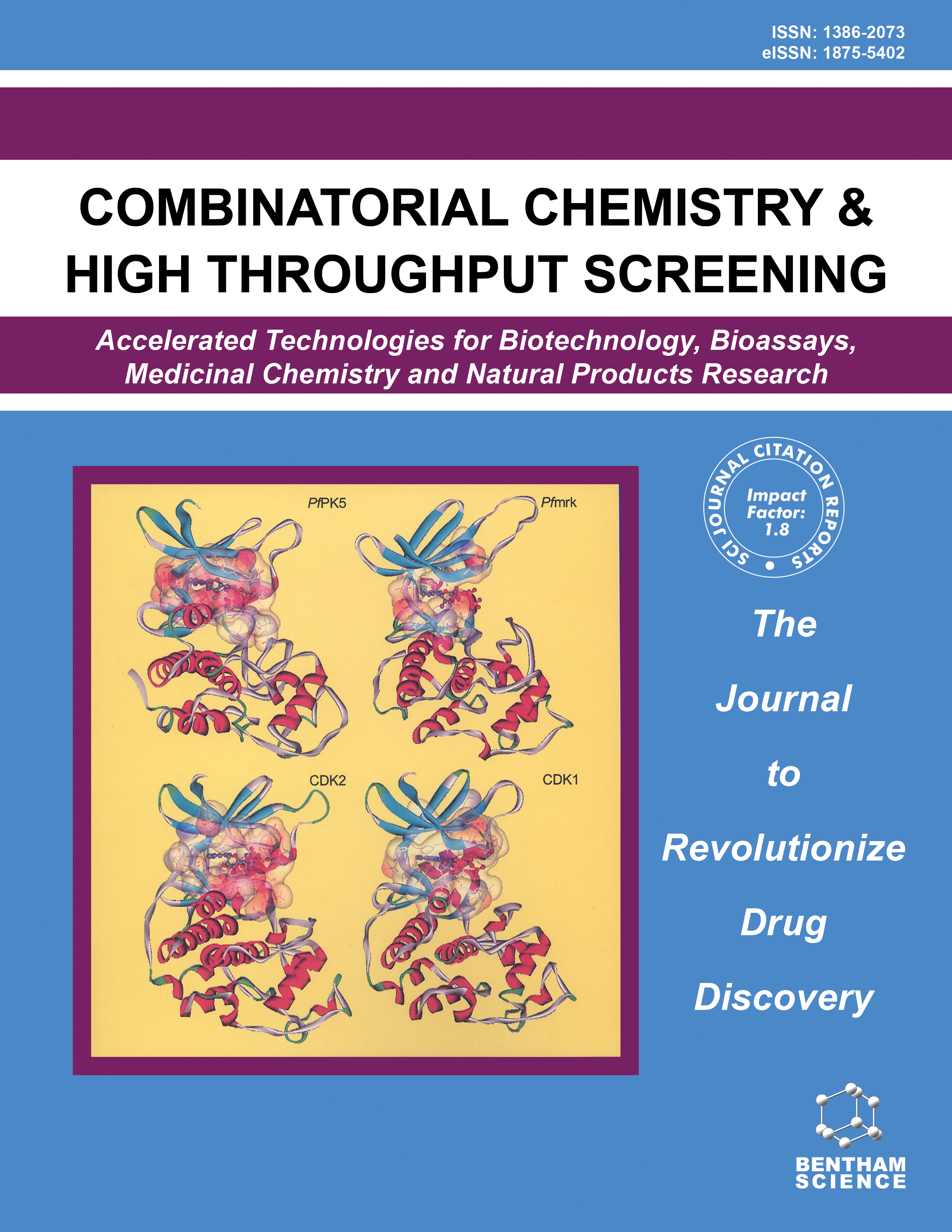
Full text loading...

This study aimed to assess the safety and effectiveness of carbamazepine in treating trigeminal neuralgia in contrast to gabapentin. Hence, a systematic review and meta-analysis of randomised controlled trials had been carried out.
The relevant studies were searched in PubMed and filtered according to the inclusion and exclusion criteria. Independently, two reviewers chose the studies, evaluated the quality of the investigations, and retrieved the data. RevMan was used for analysis when the data were collected and entered into the data extraction sheet. In addition to heterogeneity, the overall estimate measures were computed as mean differences with a 95% confidence interval for continuous data and relative risk for dichotomous data. To investigate the impact of outliers on the result, a sensitivity analysis was performed. A funnel plot was used to qualitatively evaluate the publishing bias. A total of 1,650 participants from 19 randomised controlled trials were evaluated.
The meta-analysis revealed that the group receiving gabapentin therapy had a similar overall effective rate to the group receiving carbamazepine therapy (OR = 1.94, 95% CI 1.46, 2.57, P = 0.32). Additionally, our meta-analysis revealed that the group receiving gabapentin therapy witnessed a significantly lower risk of adverse reactions than the group receiving carbamazepine therapy (OR= 0.29, 95% CI 0.22, 0.387, P<0.00001).
In summary, the current trials comparing carbamazepine and gabapentin have had inadequate methodological quality. It is not possible to conclude that gabapentin is more effective than carbamazepine in terms of adverse effects based on the evidence that is currently available.

Article metrics loading...

Full text loading...
References


Data & Media loading...
Supplements